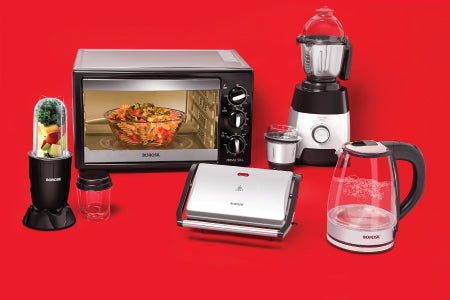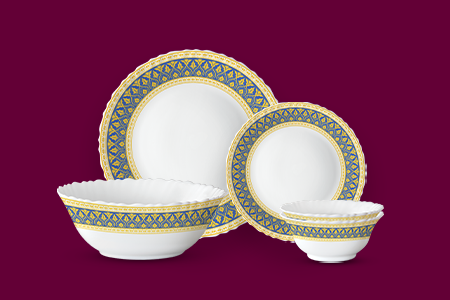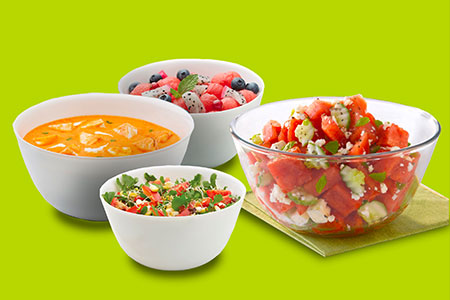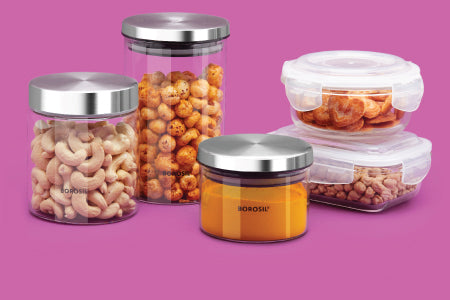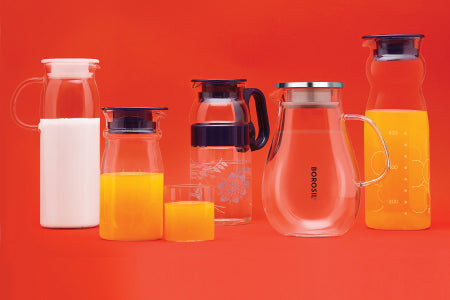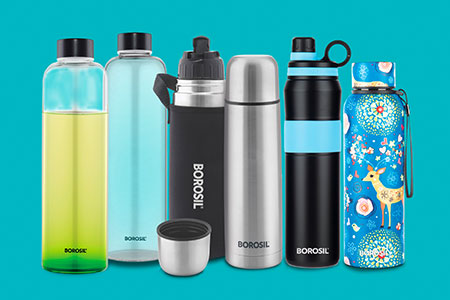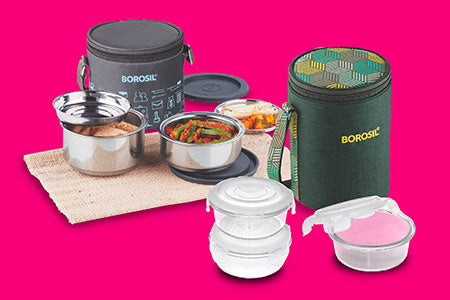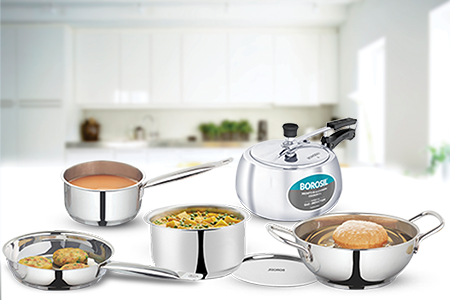
How To Maintain Kitchen Hygiene
Kitchen Hygiene 101: Your Ultimate Guide to Maintaining a Clean and Safe Kitchen
The kitchen is called the Heart of a Home. It is the place in a house where meals are made, nourishment is fostered, and memories are created. Therefore, maintaining proper kitchen hygiene is extremely crucial. A clean kitchen looks more inviting and helps prevent the spread of harmful microbes and food borne illnesses. In this post, we give you some personal kitchen hygiene tips that you can follow to ensure a safe and healthy cooking environment.
How To Maintain Kitchen Hygiene
To maintain a clean and neat kitchen, you must follow proper sanitisation practices, food handling techniques, and regular cleaning. By following certain hygiene practices in the kitchen, you can minimise the risk of food-related illnesses and promote the well-being of everyone in your house.
Kitchen Hygiene #1: Cleaning and Sanitising Surfaces
To keep your kitchen free from germs, regularly clean and disinfect the surfaces such as countertops, sink areas, cutting boards, etc. Not doing so can cause harmful bacteria to grow and cause infections. Therefore, washing or wiping these surfaces regularly with a cleaning agent or warm, soapy water is essential. Ensure you clean well, especially after dealing with raw meat, poultry items, or seafood, to prevent the risk of cross-contamination.
Kitchen Hygiene #2: Food Storage
Proper storing and handling of food also play an important role as it can prevent contamination and spoilage. Having a refrigerator can greatly help store food at an appropriate temperature below 40 degrees Fahrenheit, preventing the food from getting spoiled by restricting the growth of bacteria. Additionally, store all raw meat and poultry separately and cover leftovers to prevent other food items from absorbing each other's odours. Make sure you use the older items first to avoid spoilage and waste.
Kitchen Hygiene #3: Washing Techniques
Proper hand hygiene should become one of the hygiene rules in the kitchen. Washing your hands whenever you handle food effectively prevents the transfer of harmful microorganisms from your hands to food. Use soap and wash thoroughly for at least 20 seconds. Clean the areas between your fingers, under your nails, and the back of your hands. You can also use an alcohol-based hand sanitiser if you do not have soap. Doing so can minimise the risk of contaminating your food and spreading pathogens.
Kitchen Hygiene #4: Safe Preparation Practices
When bacteria or other microbes from raw materials, such as meat, spread to other food items, it can cause cross-contamination. To prevent this from happening, you should always use separate cutting boards and utensils for raw meats, eggs, seafood, and fresh produce. Wash them thoroughly with warm water and soap after every use. Also, avoid using the same knife for cutting various ingredients without proper cleaning. Pay attention to any reusable dishcloths or sponges that may have bacteria growth. Wash them regularly or use disposable clothes or tissues.
Kitchen Hygiene #5: Kitchen Maintenance
Another important cooking hygiene rule is to ensure clean and functional tools. Cooking tools such as knives, spoons, spatulas, and all types of cookware must be washed and dried thoroughly before using or storing them. Remove all types of dirt, grease, or food residues while washing. Use proper cleaning agents and scrubs that do not cause cracks or scratches on your utensils, as they can harbour bacteria. While using a dishwasher, follow the instructions for proper and thorough cleaning. Clean kitchen equipment not only promotes a hygienic environment but also extends the lifespan of the tools.
Kitchen Hygiene #6: Waste Management
Proper waste and garbage disposal is one of the essential hygiene practices in the kitchen. Ensure you immediately dispose of and discard any food scraps, spoiled items, and packaging. Use the right type of garbage bins for different types of waste, such as recyclable materials and compostable waste. Garbage bins must be cleaned regularly to avoid bacterial growth and unpleasant smells. Doing simple things can minimise health hazards and give a clean kitchen environment.
Kitchen Hygiene #7: Pest Control
Another factor to remember while maintaining kitchen hygiene is to keep unwanted visitors out of your kitchen. Pests such as roaches, rodents, and insects in the kitchen can cause significant health risks. Ensure you prevent their entry and seal all gaps and holes in the walls, floors, windows, etc. Store all your leftover food or other food items in airtight containers. Regular cleaning, wiping, and mopping of surfaces, especially in the corners and hard-to-reach areas, can prevent entry and proliferation of pests. Use natural and toxin-free repellents or traps if you use store-bought pest control methods.
Kitchen Hygiene #8: Special Dietary Needs
Consider specific kitchen hygiene tips if anyone in your house has allergies or dietary restrictions. Use separate cookware and tools for handling allergic ingredients and wash thoroughly to avoid accidental exposure. You can also store allergenic foods separately while following dietary restrictions, such as gluten-free or vegan diets.
Conclusion
Kitchen hygiene is not just about cleanliness but also about having a safe and healthy life. Understanding the basic kitchen hygiene rules allows you to maintain a neat and germ-free kitchen where you can create delicious dishes and memorable moments. Follow the above guidelines for a clean, safe, healthy kitchen environment.
Frequently Asked Questions
1. How often should I clean my kitchen?
While you can deep clean your kitchen once every week, you should try to do tasks such as wiping surfaces, washing dishes, and taking out the trash daily.
2. What are some good cleaning agents for kitchen surfaces?
You can make a mild dishwashing liquid and warm water solution to clean most kitchen surfaces. You can use commercial kitchen cleaners or natural alternatives like vinegar or baking soda for stubborn stains or grease buildup.
3. What to do if my kitchen smells bad?
Identify the source of the smell. Wipe the surfaces clean and discard any food waste or empty the bins. Use ventilation from an exhaust fan or an open window to reduce smells.
4. How can I stop cross-contamination in the kitchen?
Remember to store raw meats, poultry, and seafood away from ready-to-eat foods. To prevent cross-contamination, use separate cutting boards and utensils and wash hands before and after handling different foods.

